Small rise in Russian assets frozen in Switzerland
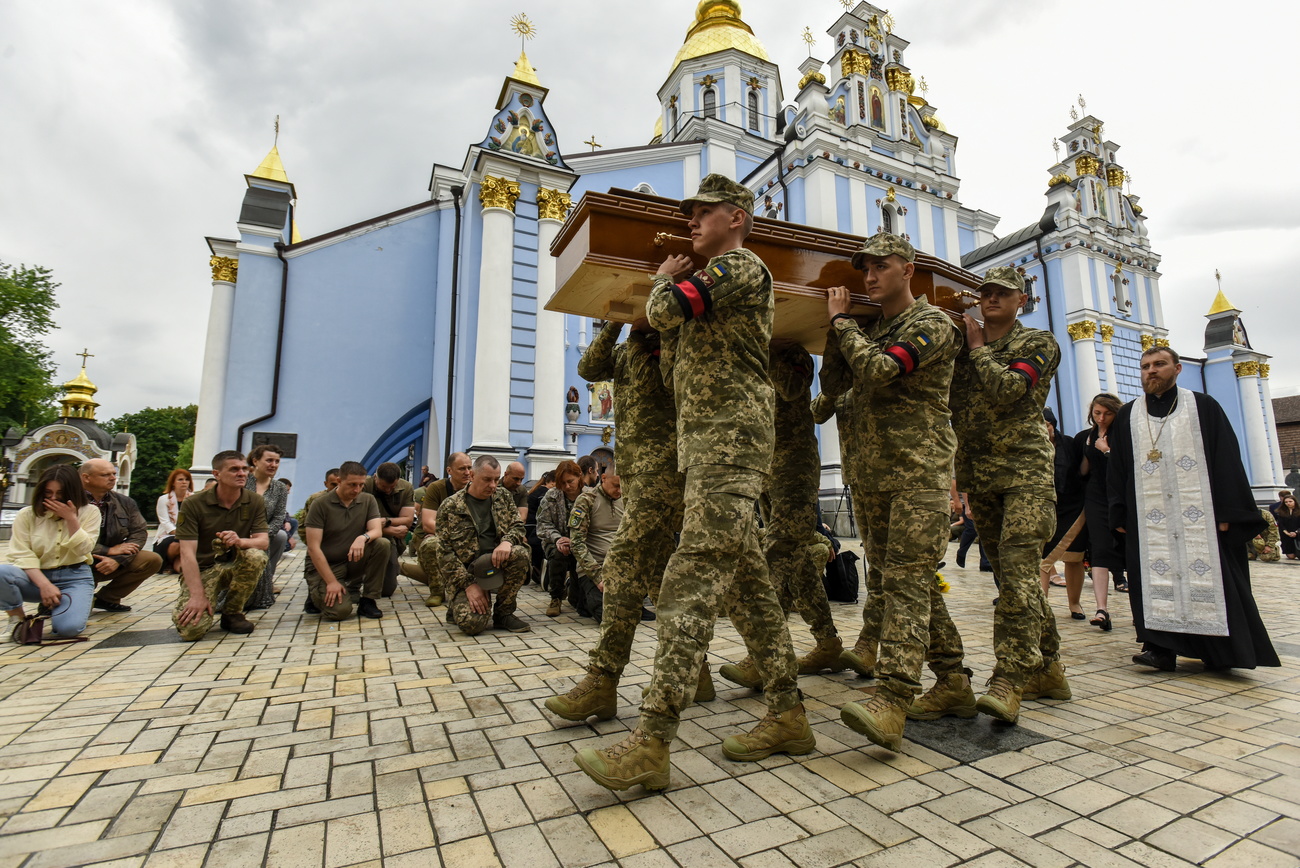
The Swiss authorities have so far frozen CHF6.7 billion ($6.8 billion) of assets belonging to sanctioned Russians. This represents a CHF400 million increase since mid-May.
The State Secretariat for Economic Affairs (SECO), the government unit responsible for handling sanctions, announced the figure on July 8. The total of blocked assets includes 15 properties.
The amount has hardly changed since CHF6.3 billion in frozen Russian assets were reported in mid-May.
“The amount of frozen assets does not make it possible to measure the effectiveness of the sanctions. It only provides a snapshot and can vary in one direction or the other,” SECO said in a statementExternal link on its website.
Switzerland has taken over all EU sanctions packages against Russia since the invasion of Ukraine on February 24; the latest being the European embargo on Russian crude oil imports, approved by the Swiss government on June 10.
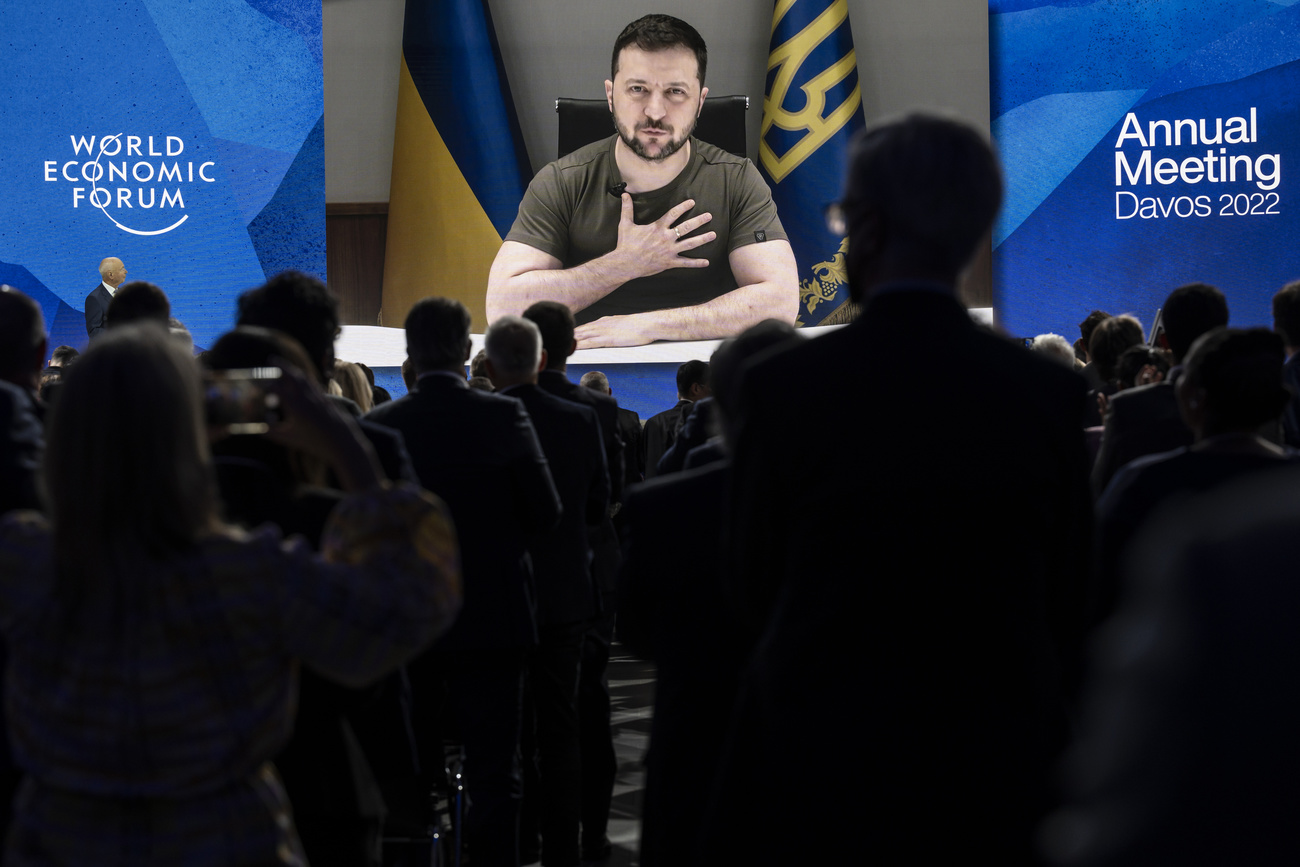
More
Could Switzerland seize Russian assets to rebuild Ukraine?
That day the Swiss authorities also imposed financial and travel sanctions on an additional 100 more Russian and Belarusian individuals and entities. The new Swiss sanction list is identical to that of the EU. So far, over 1,100 Russian individuals and almost 100 entities have been placed on the Swiss list.
Despite hefty discussions and criticism from abroad about how eagerly the country is enforcing the sanctions, Switzerland has so far refrained from adapting procedures coordinated by SECO. On June 9, parliament rejected a left-wing motion to set up a special taskforce to coordinate the sanctions efforts.
The Swiss Bankers Association (SBA) estimates that banks hold up to CHF200 billion belonging to all Russian clients, the majority of whom are not subject to sanctions.
The NGO Public Eye has been researching links between the Swiss finance centre and wealthy Russians for years. “Almost five months since the start of the war, there is still a lack of political will and active efforts to track down assets of sanctioned persons,” Public Eye spokesperson Oliver Classen told the Tages-Anzeiger newspaper on Friday.
To improve the tracking down and freezing of assets the NGO calls for a national task force, a register of the beneficial owners of front companies and a reporting obligation for lawyers.
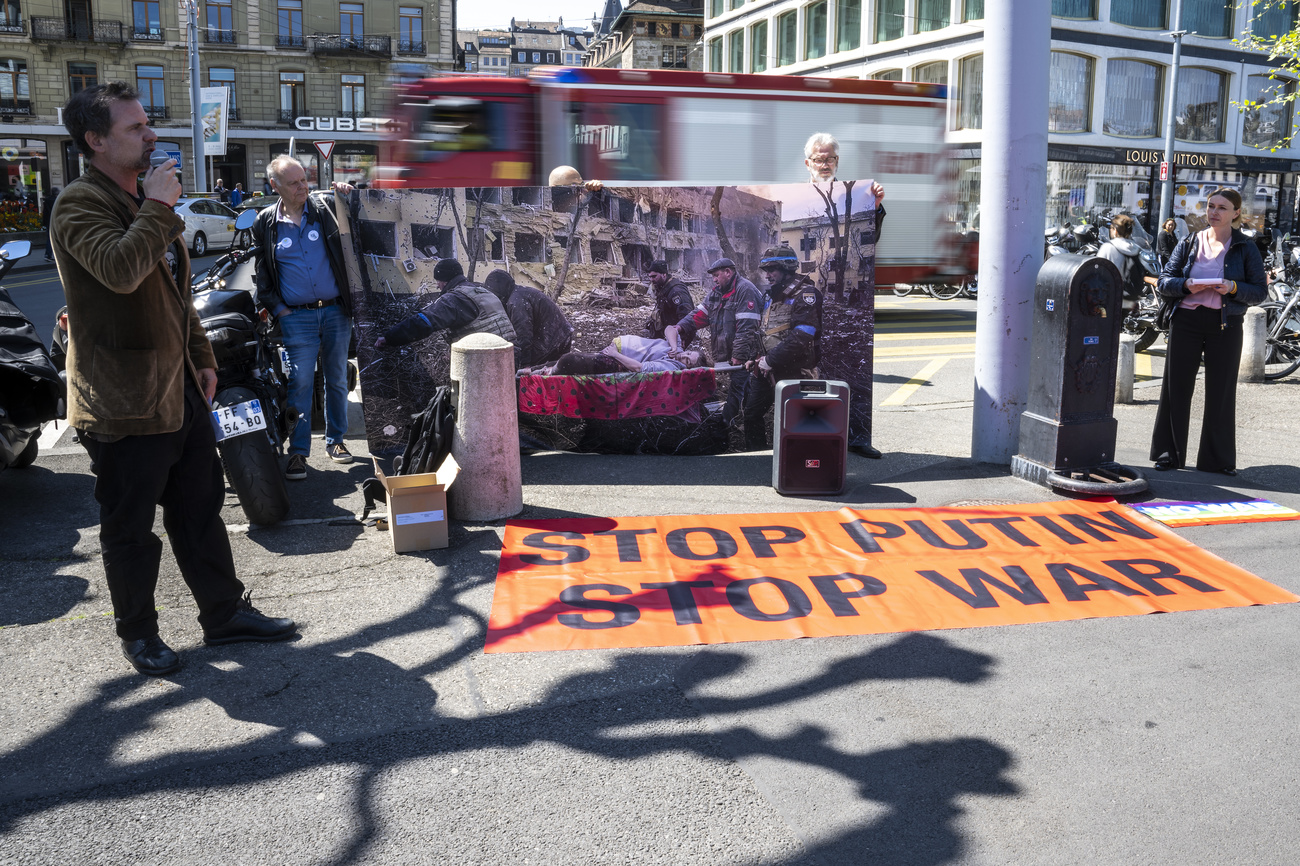
More
Is Switzerland doing enough to freeze Russian assets?

In compliance with the JTI standards
More: SWI swissinfo.ch certified by the Journalism Trust Initiative








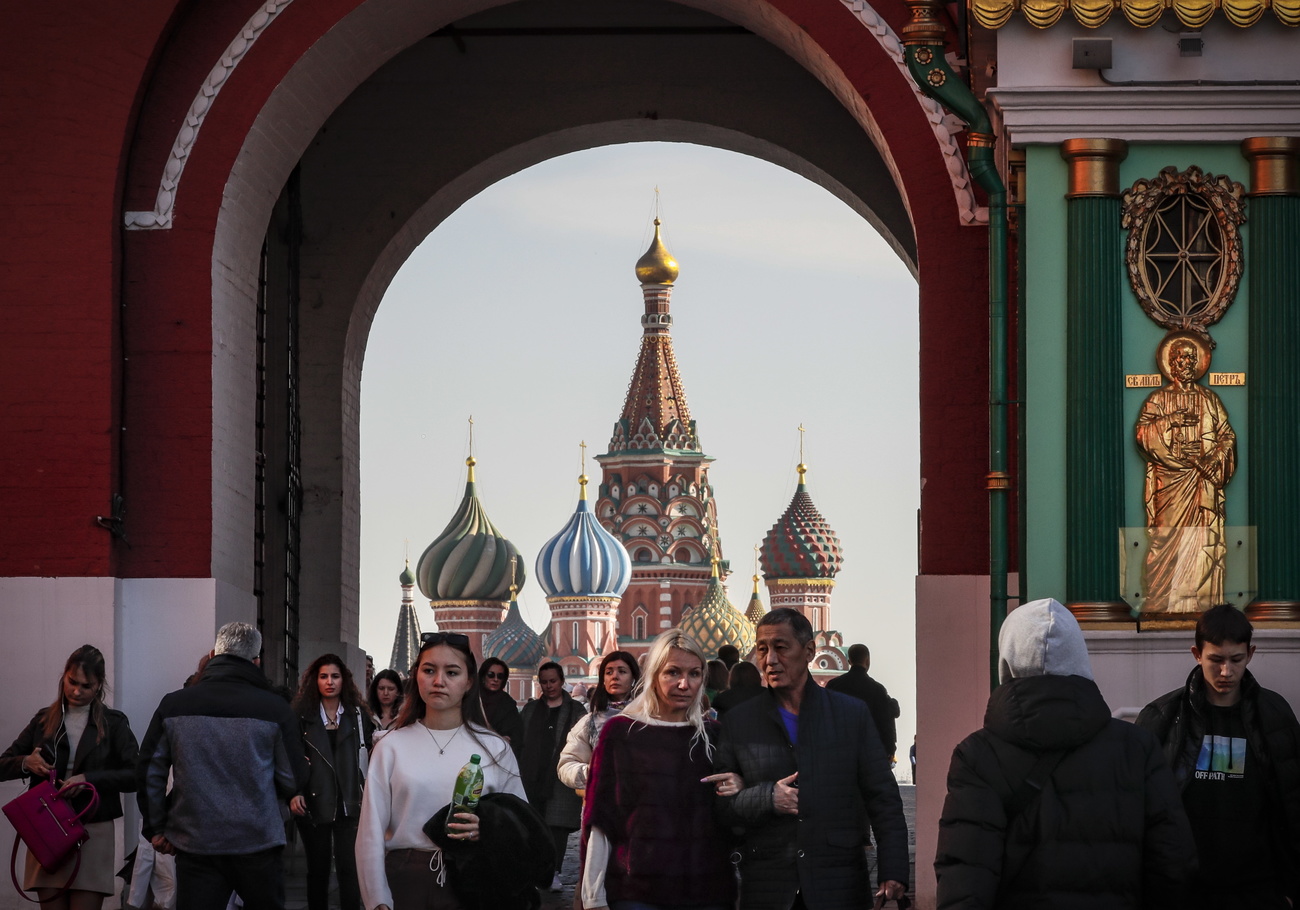
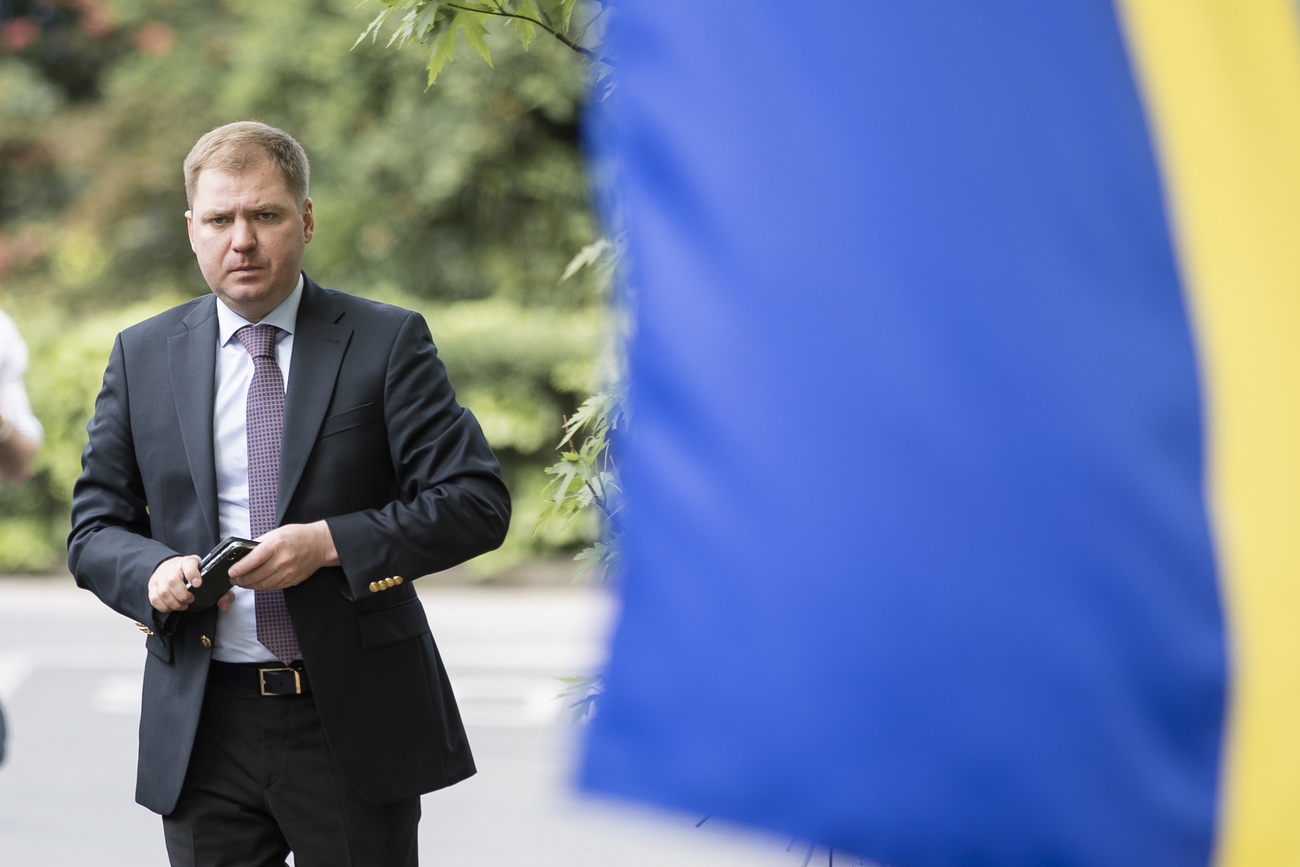
You can find an overview of ongoing debates with our journalists here . Please join us!
If you want to start a conversation about a topic raised in this article or want to report factual errors, email us at english@swissinfo.ch.